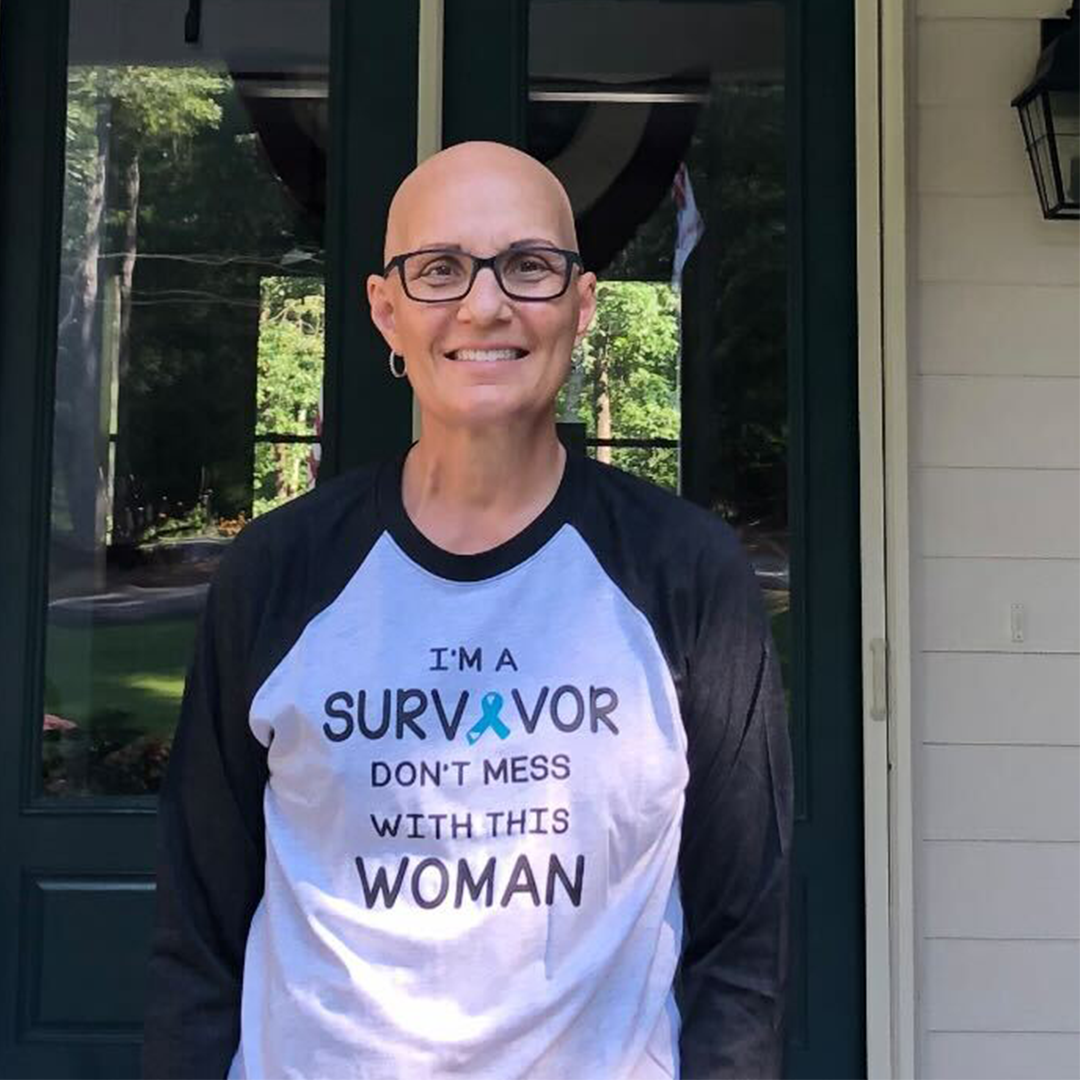


In 2020, Andrea S. was diagnosed with stage 3C ovarian cancer. The mom and former nurse was 56 years old and knew little about the disease. As a breast cancer survivor, Andrea couldn’t believe she was facing another devastating diagnosis. The experience inspired her to start a nonprofit, Harts of Teal, dedicated to raising awareness about the signs and symptoms of ovarian cancer. Here, Andrea outlines the advice she most often shares with other women.